#BuildBackBetter
How is Covid-19 affecting fossil fuels and what can you do about it?
The great energy transition, led by governments, industry and communities around the world, is well underway. Fossil fuels are the past. The future is in sustainability and resilience.
For many investors, fossil fuel-based stocks make up a core part of their portfolio and have done for years. However, after economies around the world were put into lockdown, prices for oil reached negative territory – producers were actually paying people to take it off their hands! This lunacy has forced a re-evaluation and hopefully will further accelerate divestment.
There are those who seek short-term profit from a bounce-back in these destructive industries, but thankfully, a slew of recent news shows why they may be in for a rough ride.
Goodbye Coal: Great Britain is currently on a record-breaking coal-free streak catalysed by reduced electricity demand during the COVID-19 lockdown – solar and wind are dominating the mix. Just look at the graphic showing the progress we are making decarbonising the UK’s national grid! There is a similar story in the US where despite President Trump’s support for the ‘black rock’, renewables took over as the primary source of energy generation for 2019.
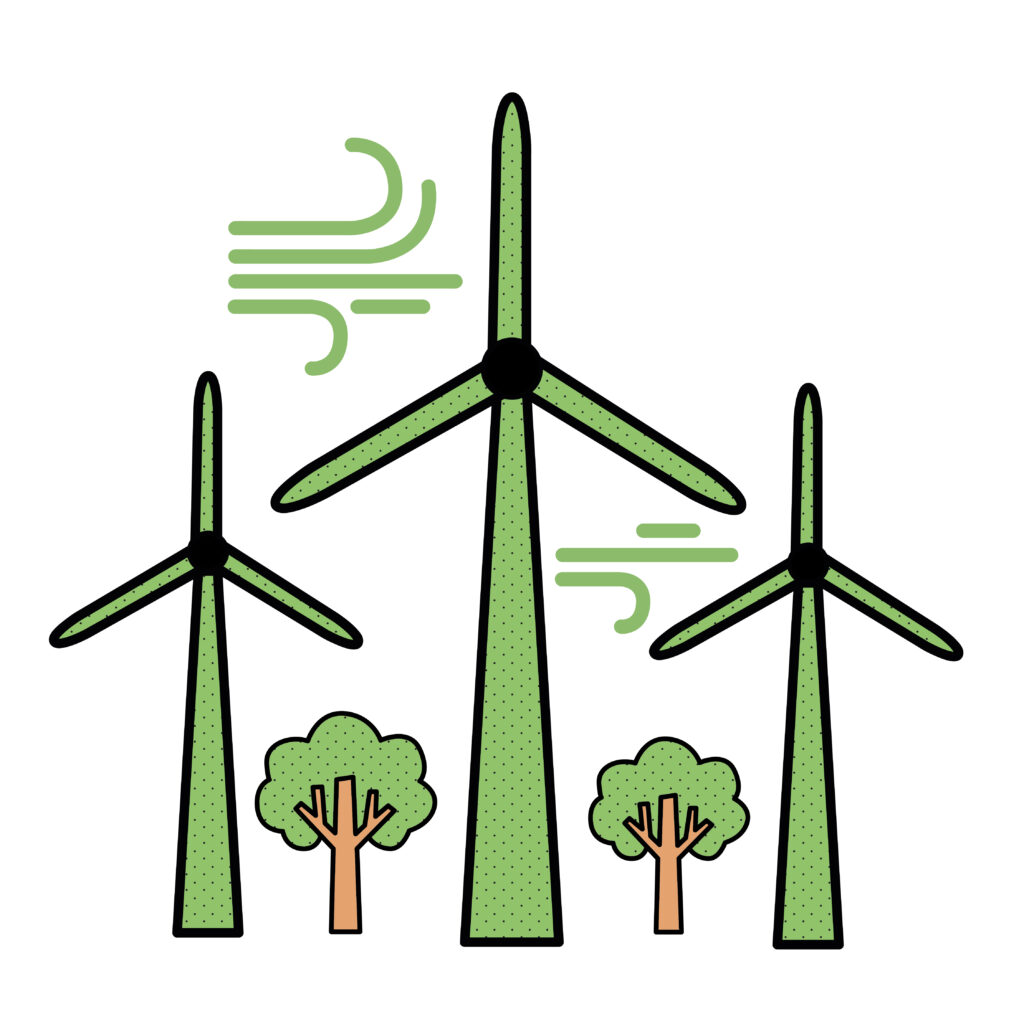
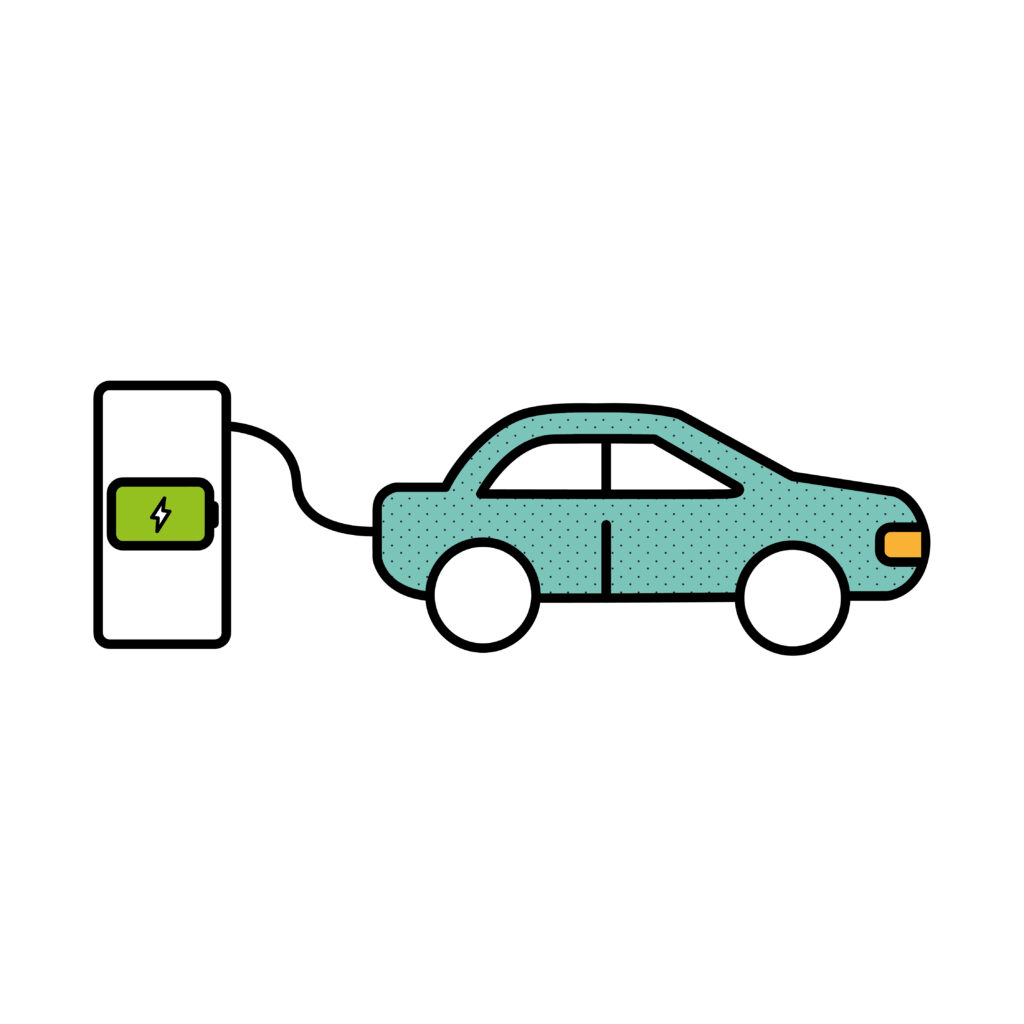
Green Recovery: In Europe, there is strong momentum in putting electric vehicles and renewable energy at the heart of the economic recovery plan. President Emmanuel Macron has already announced more than €8 billion of stimulus last month with the aim of making France a top producer of clean vehicles.
Hydrogen Future: Despite being one of the largest fossil gas consumers in the world, Germany is preparing for a future without it. They released their national hydrogen strategy yesterday setting out their ambition to become a leader in the technology.
Germany actually produces so much renewable power that, at times, they are forced to curtail a significant amount. Green Hydrogen production can absorb this excess energy and then be used in industries with particular stubborn carbon footprints such as heavy industry or aviation. Rather than releasing carbon dioxide when burned, water vapour is produced instead.
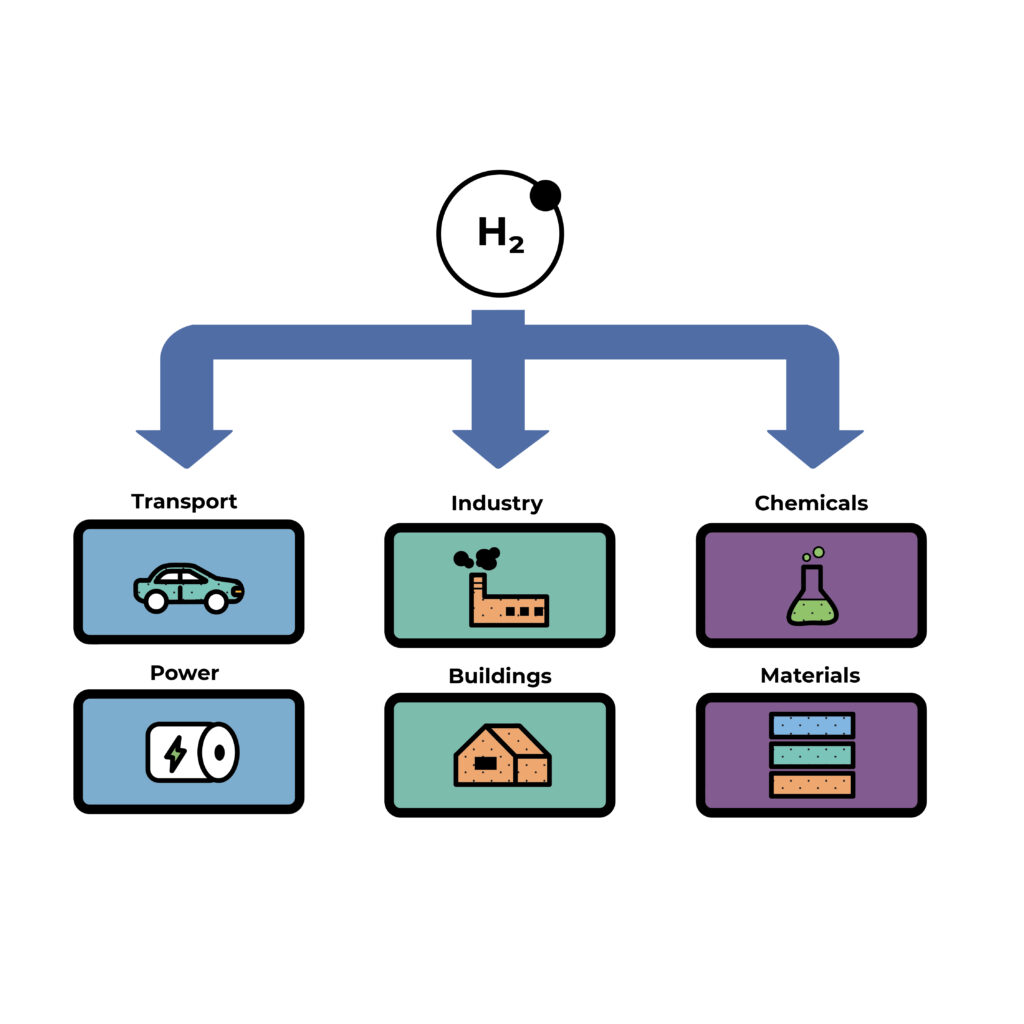
Packaging and Plastics: Beyond the new ways we are powering our homes and fueling our transport, the plastic industry remains a huge source of oil consumption. Yet even this will not escape the decarbonisation juggernaut. Bio-plastics are being developed at breakneck speeds and the emerging Circular Economy is challenging the very idea of waste. I’ve written more about the circular economy here.
All these developments are an exciting step in the right direction, but for it to move faster we need a financial system that is regenerative, circular and sustainable. Everyone has a part to play in this.
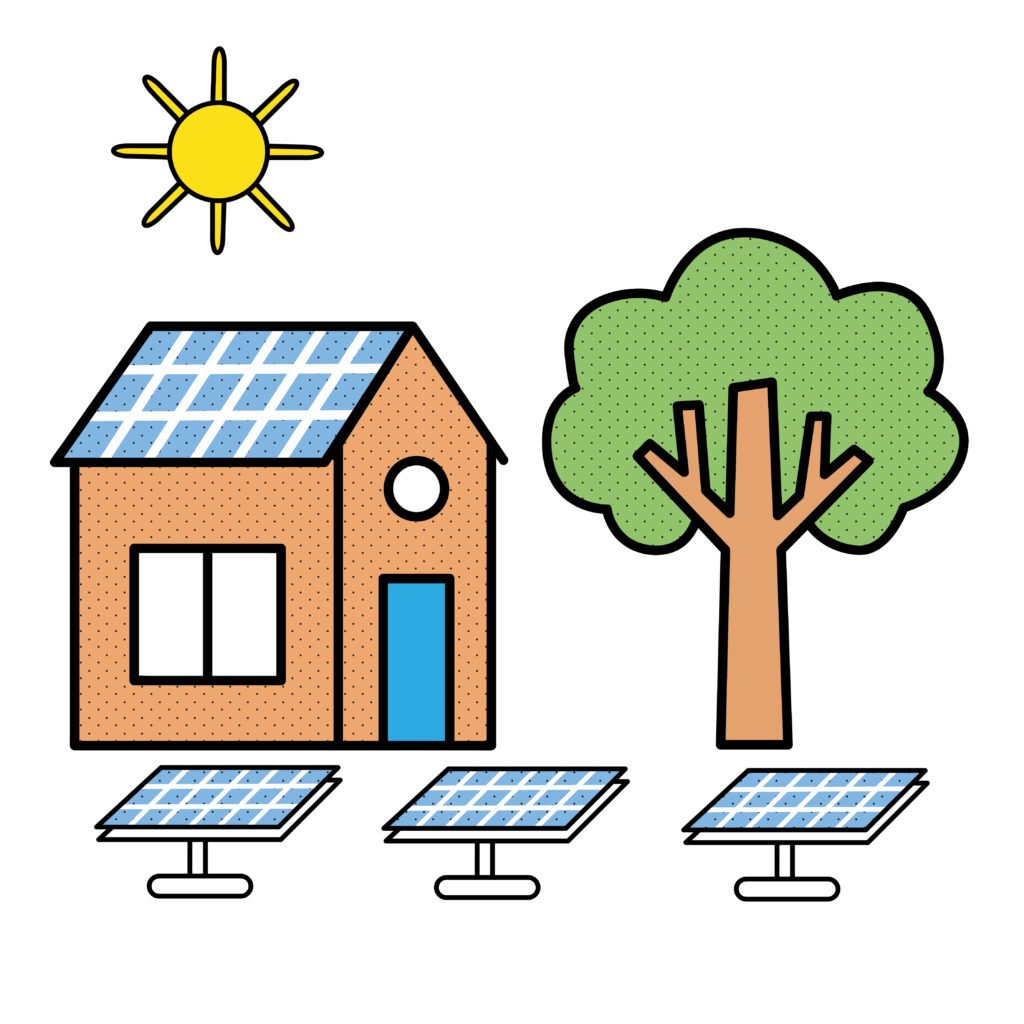
Here are things you can do right now to accelerate the transition:
Produce Power Locally: The large energy corporations rely on you and me being at the end of the wire, and the moment that you are not, the moment that you become a generator yourself, there is one less customer for them to rely on. Your roof can become a power station. Your town could turn its waste food into biogas. Your sewage can become a source of energy. Your local river or tidal stream could generate power.
- Get solar panels
- Become energy efficient
- Support your community
Switch Energy Supplier: Difficult to develop renewables in your local area? Switching to a green supplier can have a significant impact. The electricity industry is just at the beginning of its digitalisation with a wave of innovation in the midst. One of my favourite companies in this space is Octopus Energy. Their Agile Tariff matches the half-hourly price of wholesale energy, incentivising the use of energy at off-peak times when it’s cheaper and greener. Get £50 free credit by signing up here.
Buy Wind Power: As an Octopus customer, you will have access to Ripple Energy, which allows you to invest in the development of a new wind farm. Once built, your ownership gets you green, zero-carbon electricity wherever you are located and cuts down on your bills!
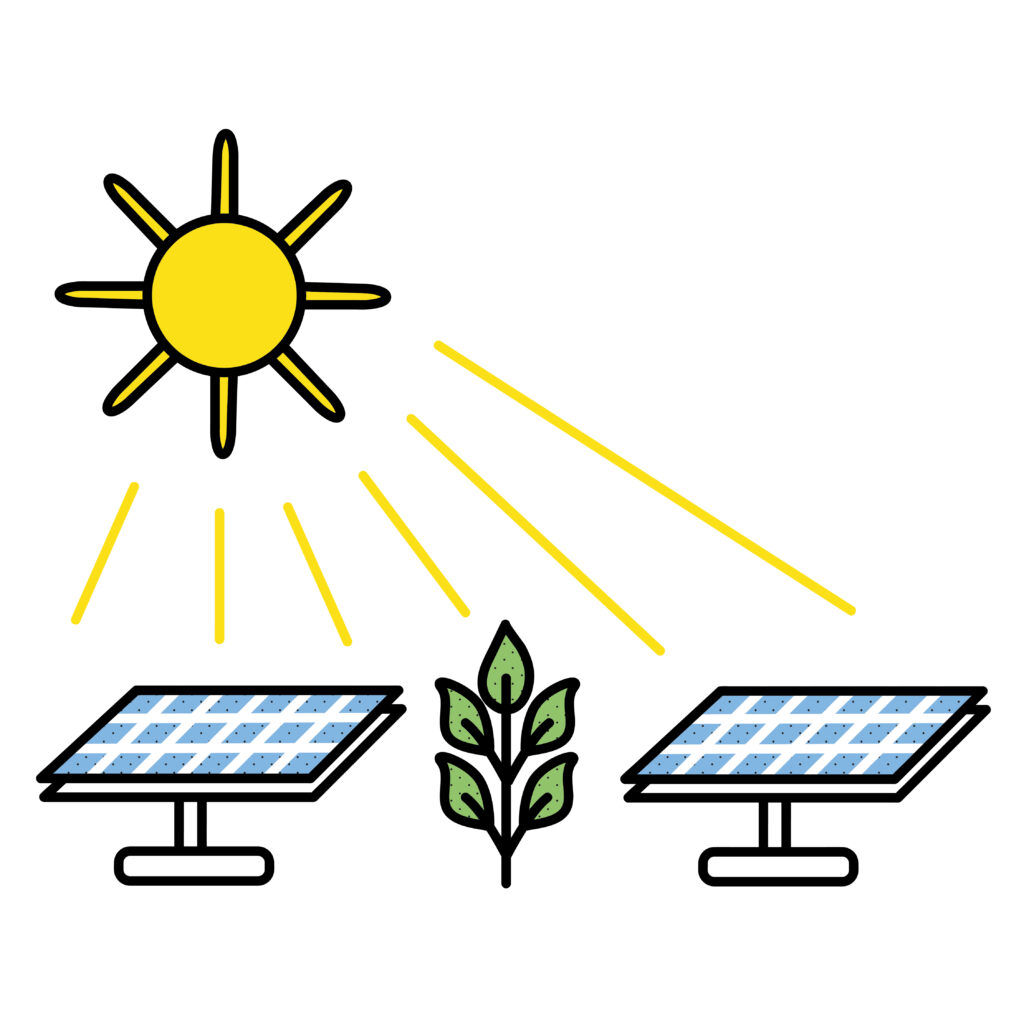
Invest in climate solutions. Green and impact investing is rapidly growing in popularity. There is a huge array of stocks, funds and businesses that you can invest in to have a positive impact. These investments often carry a perception that they are less profitable but positive impact doesn’t necessarily mean less return. Recent research has shown how stocks and funds with a high ESG rating (those that consider Environmental, Social and Governance issues) have significantly outperformed the wider market, and are particularly popular with the next generation of investors.
For example:
- Impax Asset Management (plc) who seek to make a contribution to the development of a sustainable society by investing in sectors such as clean energy, water, waste, food and agriculture, have seen a 740% return in the past 5 years.
- Tesla has recently reached new all time highs, more than tripling its average value in 2019.
- Orsted was a coal, oil and gas giant who, since 2017, have rapidly transitioned their business model to focus entirely on renewables. Investors have taken note casuing their share price triple.
Click Here for a guide to all the different types of Socially Responsible Investing
Click Here for my collection of cleantech investment opportunities in Energy Water and Waste.

Don’t want to put in all the time needed to do your own research? There are plenty of robo-advisers out there to autonomously manage a portfolio for you. They are low cost and can be based around your specific goals. Here are the best ones I have had experience with:
- Tickr – a really simple, and visuality pleasing app that enables impact investment into a broad range of companies generating social and environmental solutions. Use my code montyb6447 when you create your account, and they will give us both £5 credit and plant a tree for each of us!
Download tickr here: onelink.to/tickr - Plum – a new type of super smart savings account. It links with your current bank account and, if you choose so, can analyse your daily expenditure and income with machine learning to automatically set money aside for you. This helps you to save, which can then be invested in a variety of opportunities, such as their Clean and Green fund. Click here to sign up
- Clim8 Invest is a new platform to make an impact on climate change with your savings. Join the waiting list now!
Combating climate change is not just your generation’s life or death struggle, but also, the single biggest investment opportunity in history
Al Gore, former US Vice President, Nov 2019
Sustainability and Resilience is the future. Divest from fossil fuels and put your money to work regenerating the environment and driving positive change.










